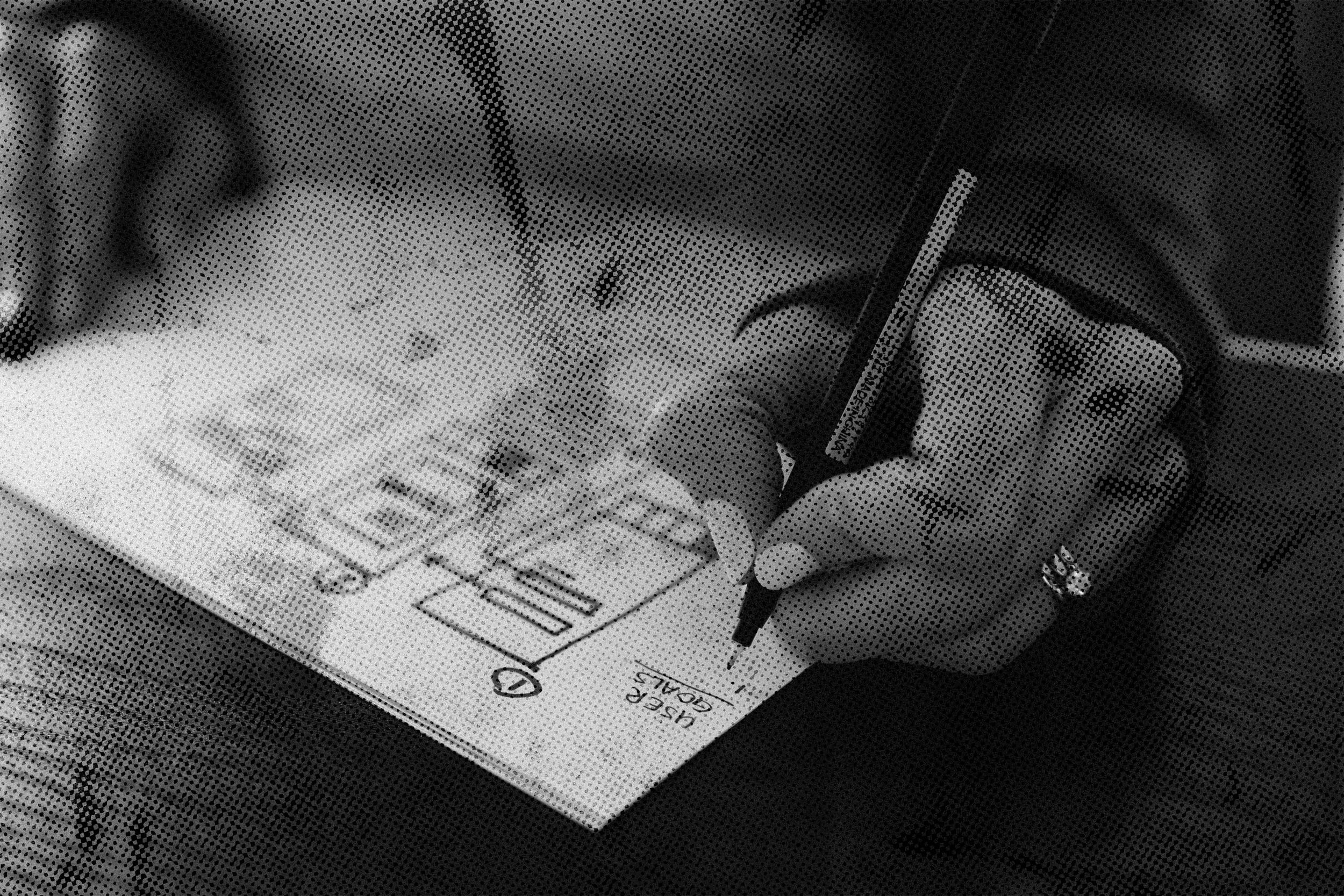Welcome to Anthropology at Work - a company dedicated to making work not suck for people. Our vision is to be a partner and resource for every practitioner and consultant in the employee experience, engagement and communications space.
We use the powerful perspective and research methods of anthropology - the science of what makes us human - to reimagine and enhance the work we do to make it not suck.
We do this through two main strands:
Conducting academically rigorous, high-quality research and insights work to understand your people’s worlds at work from their perspective. We sum this up with the mantra ‘Numbers have faces. Statistics have stories.’
Equipping practitioners with a different, academically-informed lens to understand people and what work means to them at a holistic, human level, expressed in our other mantra, ‘Work is social and relational.’
Our goal isn’t to manipulate people or hack their behaviour to make them more productive. Rather, our fundamental belief is that productivity and engagement are byproducts of creating great cultures and organisations that care about their people and empower them to thrive - both personally and professionally.

why anthropology?
If we’re going to build more human-centric workplaces , doesn’t it make sense to get insight from the study of what makes us human in the first place?
Shouldn’t we think about work from a human perspective, taking employees’ lived, day-to-day experiences into account for how we build better worlds of work that are sustainable, meaningful and engaging?
Yes, it’s important to think about organisational performance, productivity and P&L sheets. But at the end of the day, your business relies on real, breathing flesh-and-blood people to bring about your success.
Understanding those people, their context, what work means to them and how it fits as a wider piece of their lives is important to their wellbeing, their sense of purpose, their engagement and ultimately, your culture and success if you want people to stick around and give their best.
What is anthropology?
Anthropology is the scientific study of what makes us human.
Cultural anthropology is the specific branch of the discipline that looks at human behaviour, belief, practices, interactions and organisation. It looks at how people make sense of the world around them.
You might hear the word anthropology and think of exotic, tropical jungles in faraway lands. While that’s a part of our history, anthropology has evolved to explore more familiar settings such as corporate boardrooms, stock trading floors and modern workplaces.
Wherever anthropologists do their work, there are two threads that tie what we do together:
Anthropology as ethnography – a specific research method

Anthropology as a lens
Anthropology is a different way of seeing and understanding the world. While businesses often apply a top-down understanding based on numbers and statistics, employees don’t typically experience the world and live their lives that way.
No one goes through their workday thinking, “You know, I’m 68% satisfied with my job overall, but I’m only feeling about 46% positive about my career development prospects this quarter.” And if you do experience the world that way, we need to talk. Because we need to find you a therapist.
To quote Gillian Tett, Chair of the Editorial Board at the US Financial Times and a Cambridge-trained anthropologist:
“In our twenty-first-century world, there is a reverence for sweeping, top-down analysis with large collections of statistics and Big Data. This number-crunching can be insightful … but sometimes there is value in taking a worm’s-eye, not bird’s-eye view and trying to combine these perspectives. It pays to do intensive local and lateral studies that explore a situation in three dimensions, ask open-ended questions, and ponder what people are not talking about…
... It is valuable, even if you are a politician, leader corporate executive, lawyer, techie or any other variant of the twenty-first-century professional world – or more accurately, especially if you are a member of the tribe of the harried Western elite. ”
What Gillian Tett and others who view the world through this lens advocate is a bottom-up perspective that’s open-ended and holistic, trying to understand how different pieces of the puzzle fit together rather than trying to force the world into neat, little MECE (mutually exclusive, completely exhaustive) buckets that have clear boundaries and no overlap.
Anthro-vision is a different way of seeing the world around us.
Anthropology as ethnography
Contrary to us telling ourselves that we’re rational beings, we’re anything but. We make decisions based on moods, emotions, hunches or even relationships all the time.
Ethnography is about stepping into people’s worlds as fully as we can in order to understand things from their point of view. It’s how you get that lens and perspective of the worm’s eye, from the bottom up, based on people’s lived experiences.
And it’s from there that you can surface a lot of data that gets overlooked or ignored from the top-down at 30,000 feet but could be incredibly valuable to frontline employees on the ground.
Since anthropology is a different kind of lens for seeing and understanding the world, it’s also intricately tied to a specific research method called ethnography that we use to get that perspective.
When many people think of research, they often think from the top-down with a hypothesis, and then researchers experiment and collect data to find out whether their hypothesis is true or false.
While that works in the natural and life sciences where you can conduct controlled experiments, humans are much, much messier and more complex. We’re affected by a whole barrage of variables and we behave differently based on situations and circumstances.
Dr Alex Gapud
Prior to founding Anthropology at Work as my own practice, I was previously the Resident Cultural and Organisational Anthropologist at UK-based employee engagement consultancy scarlettabbott from 2020 to 2024.
Before transitioning into consulting, I received my PhD in Social/Cultural Anthropology and was a Teaching Fellow at the University of Edinburgh. I also have the rare distinction of being a two-time, University-wide, award-winning Tutor at the University of Edinburgh.
In my spare time, I’ve supported and mentored former students in their careers and doctoral studies at institutions including the University of Durham, University of Cambridge and University College, London.
I’m a puppy parent to Barnaby, a Coton de Tulear and a connoisseur of fried chicken.



